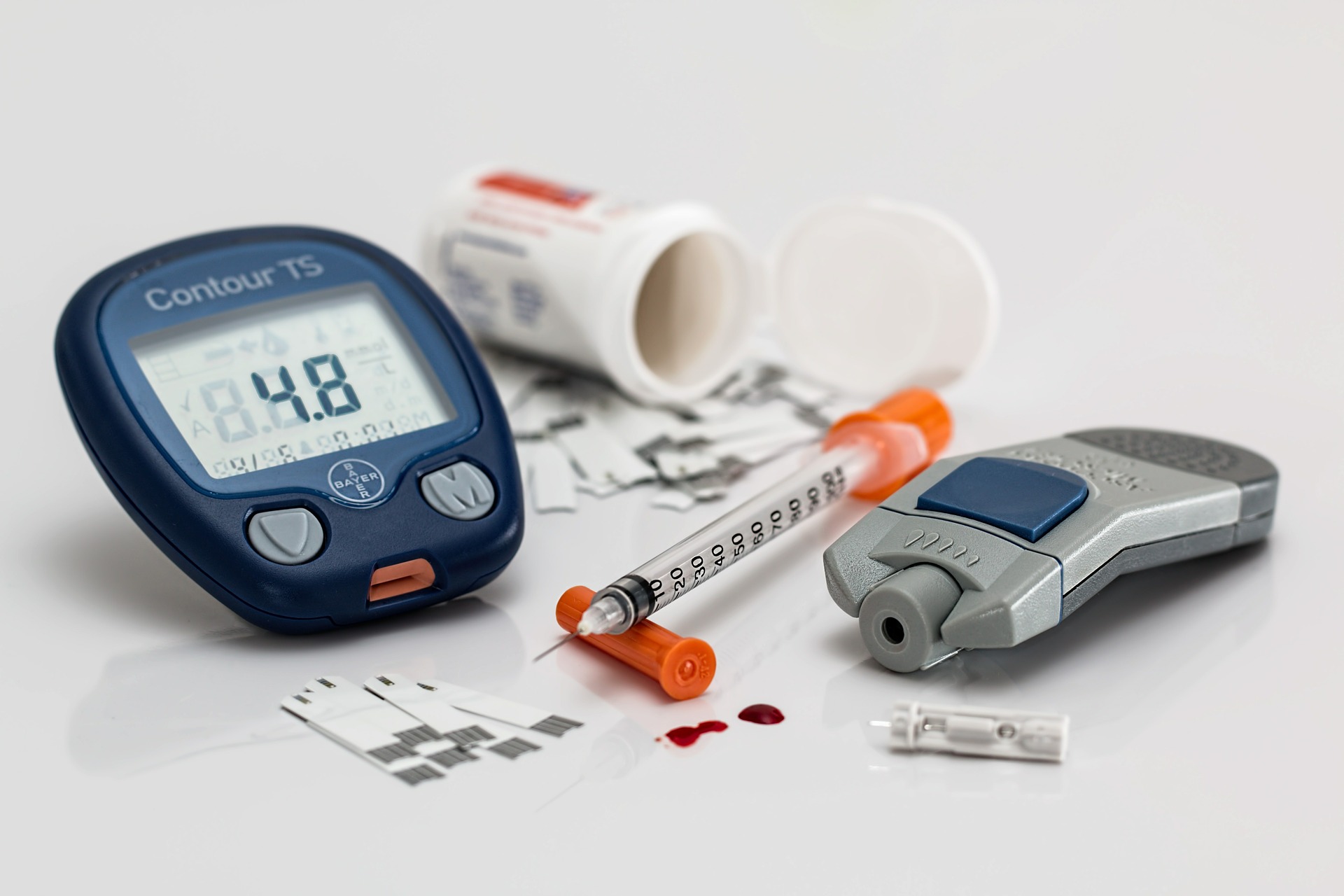HealthDay News, published on neurologyadvisor.com
For patients with atrial fibrillation (AF), diabetes requiring insulin, but not diabetes without insulin treatment, is associated with an increased risk of stroke/systemic embolism, according to a study published in the Journal of the American College of Cardiology.
Giuseppe Patti, MD, from the Campus Bio-Medico University of Rome, and colleagues examined the differential role of insulin vs no insulin therapy on thromboembolic risk in a cohort of patients with AF. The authors compared the rates of stroke/systemic embolism at one year according to diabetes status. Data were included for 5717 patients; 1288 of these had diabetes, of whom 22.4% were on insulin.
 The researchers found that the risk of stroke/systemic embolism at 1 year was increased for patients with diabetes who were on insulin, compared to those without diabetes (5.2 vs 1.9%; hazard ratio [HR] 2.89; 95% CI, 1.67 to 5.02; P =.0002) or those with diabetes without insulin treatment (5.2 vs 1.8%; HR 2.96; 95% CI, 1.49 to 5.87; P =.0019). Similar rates of stroke/embolism were seen for patients with diabetes not receiving insulin and for patients without diabetes (HR 0.97; 95% CI, 0.58 to 1.61; P =.90).
The researchers found that the risk of stroke/systemic embolism at 1 year was increased for patients with diabetes who were on insulin, compared to those without diabetes (5.2 vs 1.9%; hazard ratio [HR] 2.89; 95% CI, 1.67 to 5.02; P =.0002) or those with diabetes without insulin treatment (5.2 vs 1.8%; HR 2.96; 95% CI, 1.49 to 5.87; P =.0019). Similar rates of stroke/embolism were seen for patients with diabetes not receiving insulin and for patients without diabetes (HR 0.97; 95% CI, 0.58 to 1.61; P =.90).
“In this cohort of anticoagulated patients with AF, the sole presence of diabetes not requiring insulin did not imply an increased thromboembolic risk,” the authors write. “Conversely, insulin-requiring diabetes contributed most, if not exclusively, to the overall increase of thromboembolic risk in AF.”
Several authors disclosed financial ties to the pharmaceutical industry.
Reference
Patti G, Lucerna M, Cavallari I, et al. Insulin-requiring versus noninsulin-requiring diabetes and thromboembolic risk in patients with atrial fibrillation. J Am Coll Cardiol. 2017(69)4:409-419.




